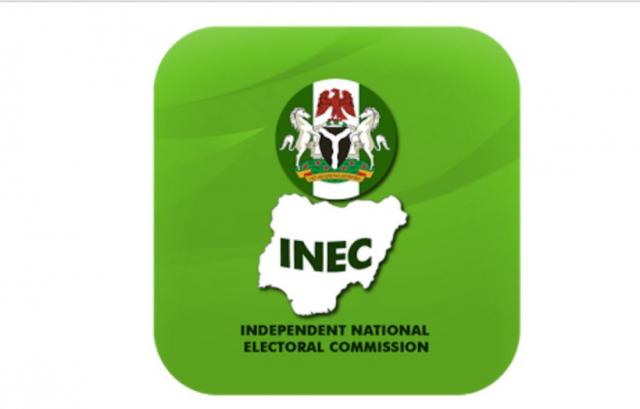The Independent National Electoral Commission (INEC) on Monday received a high-level delegation from the ECOWAS Network of Electoral Commissions (ECONEC) on a post-election follow-up and needs assessment mission, aimed at evaluating Nigeria’s implementation of recommendations from the 2023 general elections.
The meeting, held at INEC’s headquarters in Abuja, marked a critical step in reviewing Nigeria’s compliance with the 37-point recommendations issued by the ECOWAS Election Observation Mission (EOM) following last year’s polls.
The ECONEC delegation was led by the Chairperson of Liberia’s National Elections Commission, Mrs Davidetta Browne-Lansanah, and included key officials such as the Deputy Chairman (Corporate Services) of Ghana’s Electoral Commission, Dr Bossman Asare; the Acting Permanent Secretary of ECONEC and Head of the ECOWAS Electoral Assistance Division, Mr Serigne Mamadou Ka; and technical experts from GIZ, EISA, and International IDEA.

Welcoming the delegation, INEC Chairman, Professor Mahmood Yakubu, described the mission as “routine but critical” to strengthening democratic processes in West Africa.
He noted that Nigeria had recently participated in similar peer review missions, including one to The Gambia in April 2025, underscoring INEC’s commitment to regional electoral cooperation.
Professor Yakubu commended ECOWAS for its comprehensive election observation during the 2023 elections and for following up with actionable recommendations.
He disclosed that out of the 37 recommendations from ECOWAS, 13 were directed at INEC, while the remaining 24 were addressed to other national institutions including the National Assembly, Nigeria Police Force, National Broadcasting Commission (NBC), NITDA, political parties under the Inter-Party Advisory Council (IPAC), civil society, the Nigeria Union of Journalists (NUJ), and the National Identity Management Commission (NIMC).
“The Commission has already initiated administrative steps to address the 13 recommendations targeted at us,” Yakubu said. “As for the rest, we await necessary legislative actions from the National Assembly.
These reforms are also embedded in our broader 142-point recommendation document, developed through inclusive consultations with electoral stakeholders.”
He thanked ECONEC and its development partners for their consistent support, singling out experts Lenny Taabu (EISA), Emmanuel Kissi (International IDEA), and Michael Agada (GIZ) for their technical assistance.
In her remarks, Mrs Browne-Lansanah expressed deep appreciation for INEC’s hospitality and transparency.
She emphasised that the mission was a peer-learning initiative, allowing ECONEC to understand INEC’s post-election actions and draw lessons for electoral bodies across West Africa.
“The challenges Nigeria faced are not isolated. They are shared across the subregion, and your efforts to address them serve as a guide to others,” she stated.
The Liberian electoral chief also became emotional while recounting Nigeria’s assistance to Liberia’s National Elections Commission, particularly INEC’s role in providing ICT infrastructure.
“Because of your support, we now have a functional ICT centre in Liberia,” she said. “That is true leadership and solidarity.”
Mrs Browne-Lansanah praised Professor Yakubu and INEC’s team for their enduring commitment to electoral integrity and democratic values, not just in Nigeria, but across the ECOWAS region.
“We are here to learn from you,” she concluded. “Your experience is invaluable to us as we continue working to enhance the credibility of elections across West Africa.”
Support InfoStride News' Credible Journalism: Only credible journalism can guarantee a fair, accountable and transparent society, including democracy and government. It involves a lot of efforts and money. We need your support. Click here to Donate
